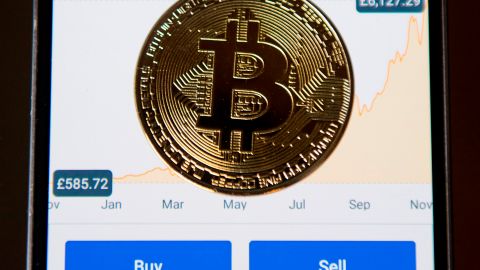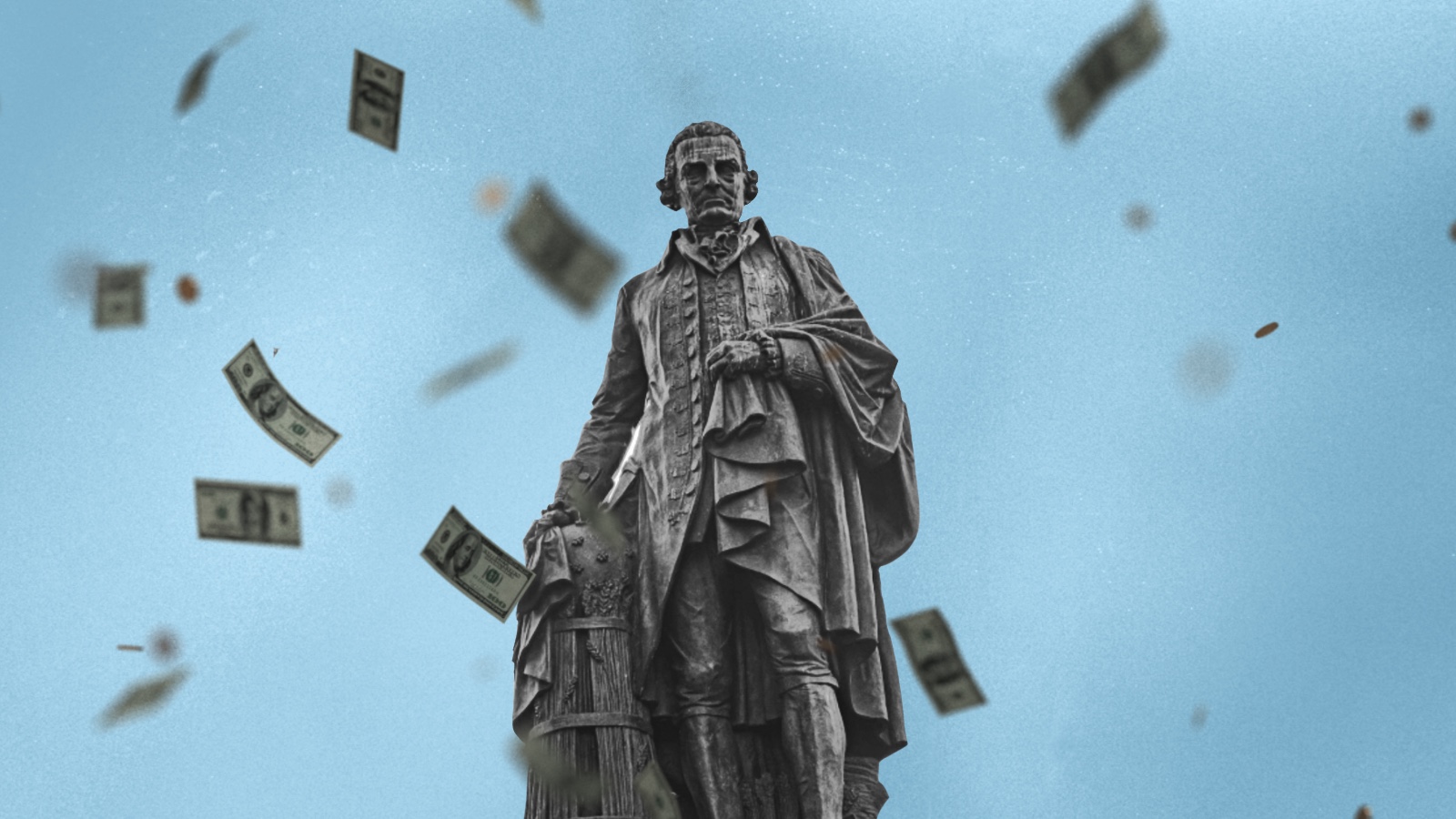Why This Nobel Prize-Winning Economist Thinks Bitcoin Should Be “Outlawed”

As the cryptocurrency Bitcoin reached new heights in market trading, surpassing for the first time ever the price of $11,000 per bitcoin, some are not quite as bullish on its prospects and question its very nature. In an interview with Bloomberg television, Nobel-Prize-winning economist Joseph Stiglitz said that bitcoin creates no value for society and only works by getting around the role of the government in controlling currency and as such should be outlawed.
Stiglitz, who teaches at Columbia University, is a former senior vice president and chief economist of the World Bank. He shared the Nobel Prize in Economics in 2001 for creating models that analyze “markets with asymmetric information.”
In an interview with Francine Lacqua and Tom Keene, Stiglitz expressed his view that bitcoin is only so successful because it gives its owners the “potential for circumvention, lack of oversight” with respect to the government, whose function it is to create and manage currency.
“So it seems to me it [bitcoin] ought to be outlawed,” Stiglitz said. “It doesn’t serve any socially useful function.”
Bitcoin surged more than 12 times its value during 2017, thrilling some but also causing warnings of a bubble that will surely burst. Stiglitz thinks people will ride it as long as they can.
“It’s a bubble that’s going to give a lot of people a lot of exciting times as it rides up and then goes down,” Stiglitz said.
Here’s the excerpt from the interview where Stiglitz discussed bitcoin:
The economist added that while he’s sceptical of bitcoin, he would like to see the move away “from paper” referring to paper currency, and into “the 21st century of the digital economy”.
Here’s more on how Bitcoin works:




